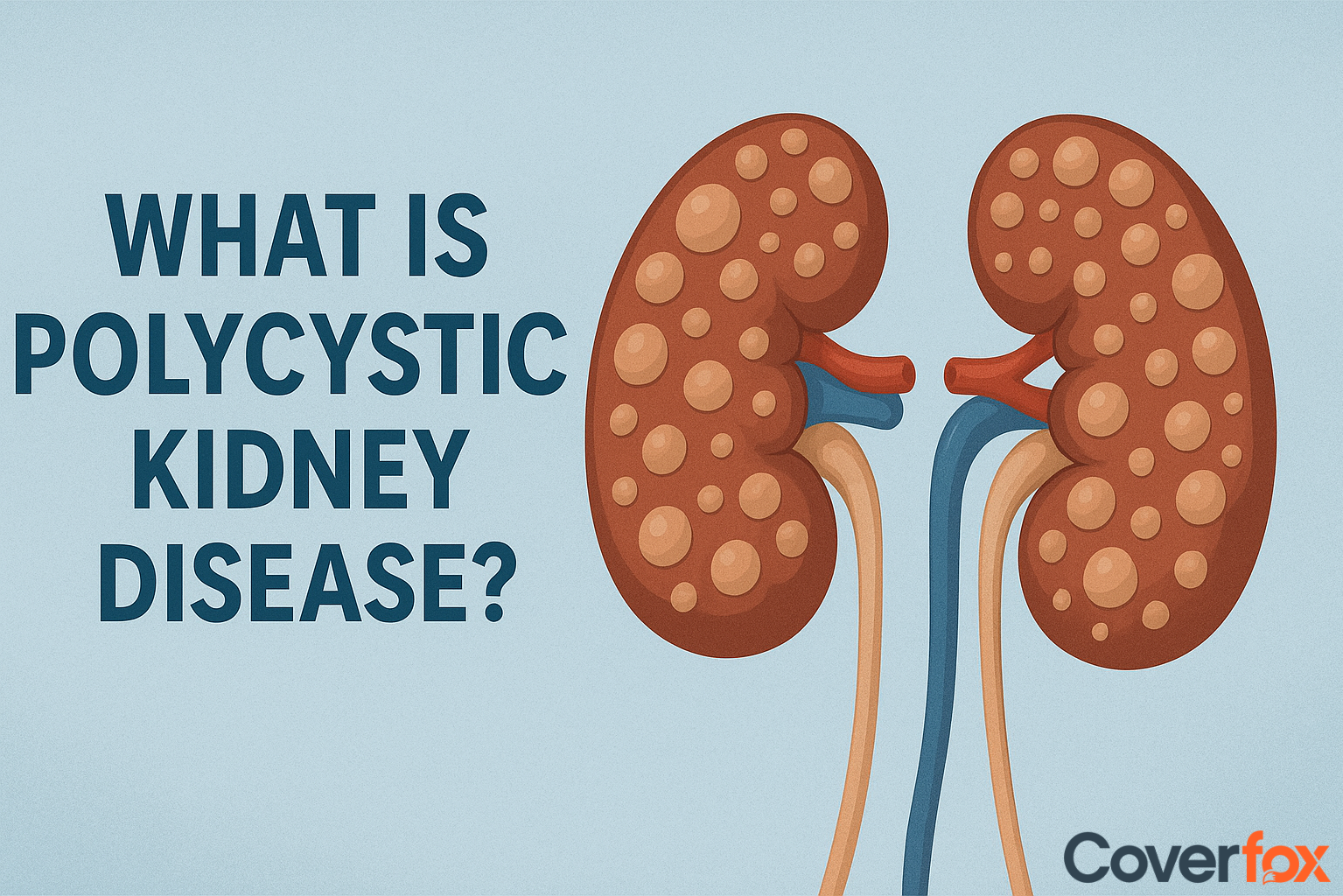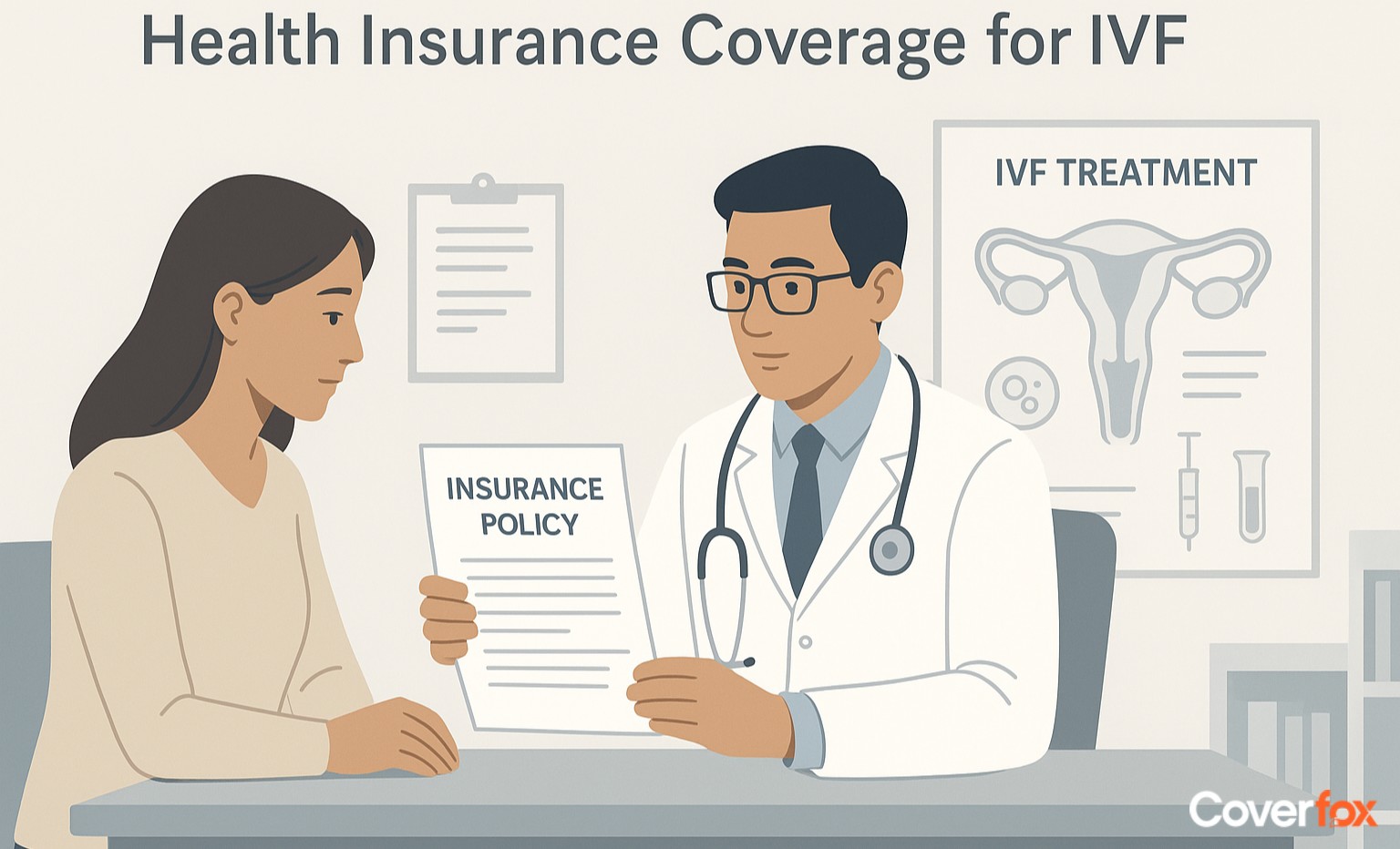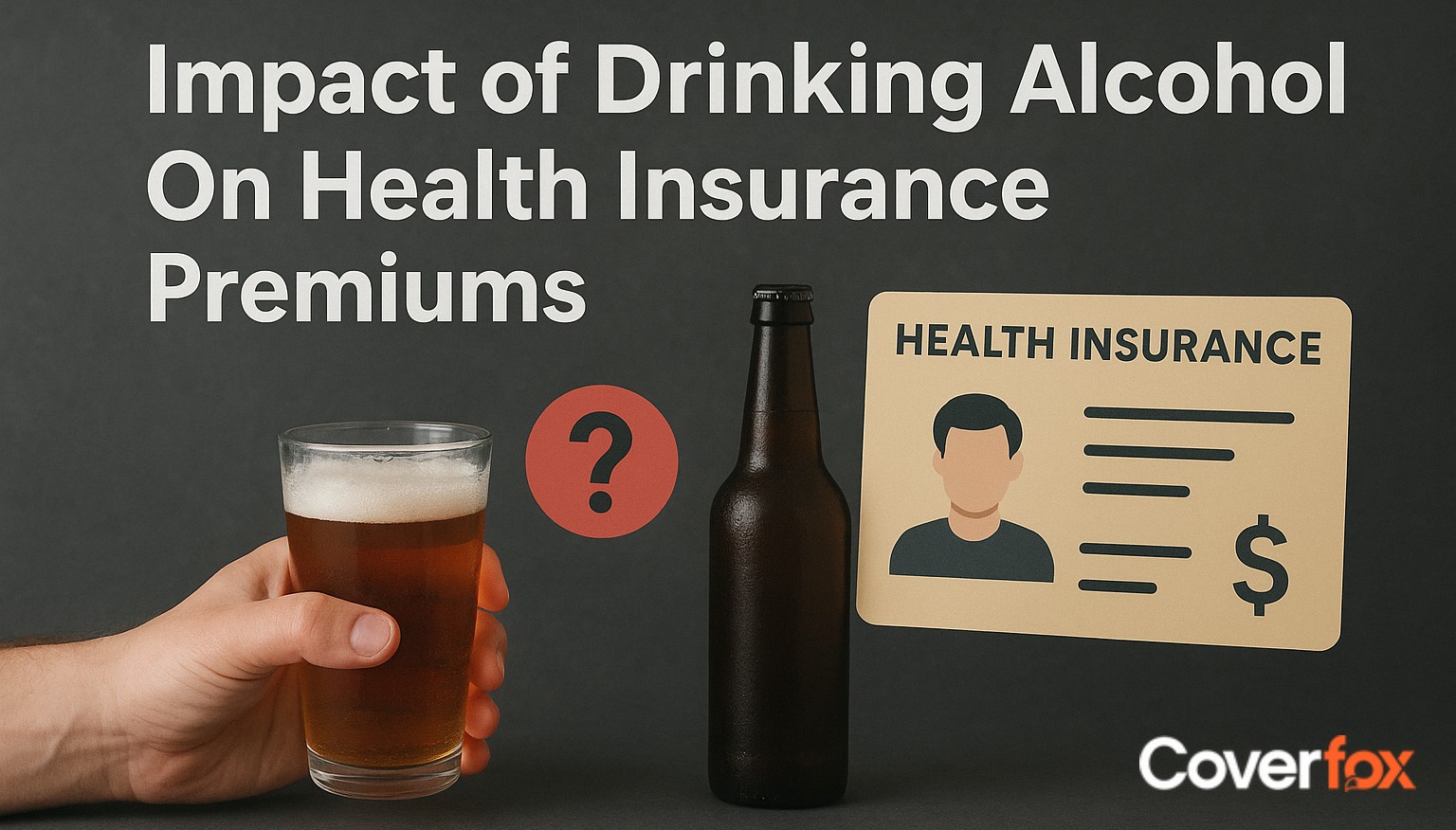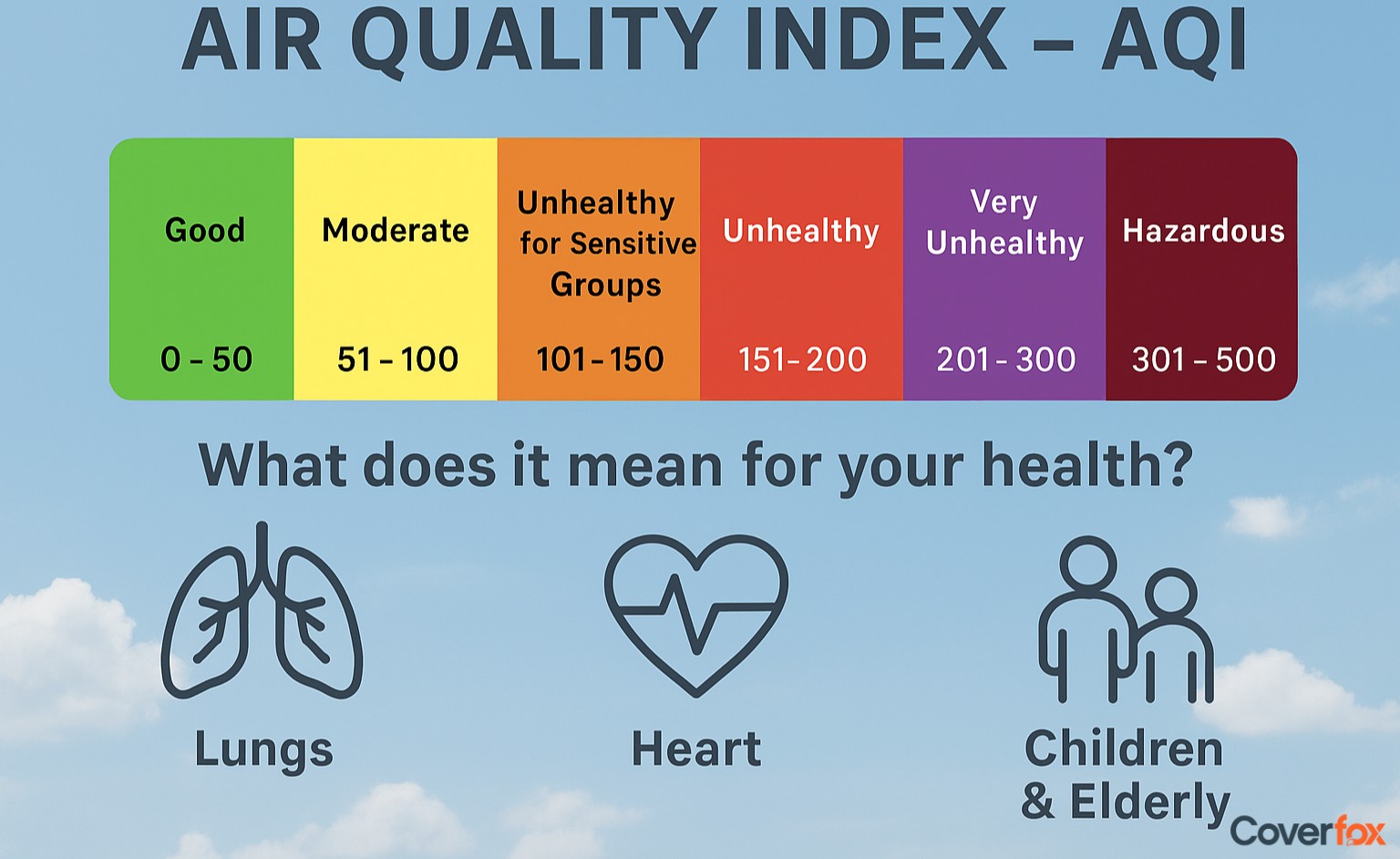Along with Life Cover & Health Cover, tax saving is one of the most important benefits of buying insurance. Buying insurance decreases your taxable income and you pay less tax as compared to a situation where you don’t have insurance.

When you have insurance, you can claim up to:
Rs. 75,000/- on your health insurance premium.
Rs. 1.5 Lakh on your term insurance premium.
How you can get Health Insurance Tax Benefit?
Let's say your monthly gross income is 40,000/-.
Which means your annual gross income is 4,80,000/-.
As per your tax slab, 10% TDS from 4,80,000 will be deducted.
This will make your annual net income Rs. 4,32,000/- & your monthly net income Rs. 36,000/-
Now if you have a health insurance plan with a cover of 10 Lakhs, for which you pay an annual premium of Rs. 20,000/- , your taxable income would be 4,80,000-20,000 = 4,60,000/-.
As per 10% TDS on 4,60,000/-, your annual net income minus TDS will be 4,60,000 - 46,000 = 4,14,000/-
In this way, your net taxable income comes down & you get a tax benefit.
Earlier, on 4,80,000/- annual income, you were paying a tax of 48,000/- on 10% TDS.
Now, due to a health insurance policy, you are paying a tax of 46,000/- on your annual income.
Because now you'll pay a 10% TDS on 4,60,000/-, as 20,000/- health insurance premium is paid annually.
So earlier, you were paying a tax of 48,000/- annually, which is 4800/- per month.
Now, you'll pay a tax of 46,000/- annually, which is 3,833/- per month.
How you can get Term Insurance Tax Benefit?
Let's say your monthly gross income is 40,000/-.
Which means your annual gross income is 4,80,000/-.
As per your tax slab, 10% TDS from 4,80,000 will be deducted.
This will make your annual net income Rs. 4,32,000/- & your monthly net income Rs. 36,000/-
Now if you have a term insurance plan with a cover of 50 Lakhs, for which you pay an annual premium of Rs. 10,000/- , your taxable income would be 4,80,000 - 10,000 = 4,70,000/-.
As per 10% TDS on 4,70,000/-, your annual net income minus TDS will be 4,70,000 - 47,000 = 4,23,000/-
In this way, your net taxable income comes down & you get a tax benefit.
Earlier, on 4,80,000/- annual income, you were paying a tax of 48,000/- on 10% TDS.
Now, due to a term insurance policy, you are paying a tax of 47,000/- on your annual income.
Because now you'll pay a 10% TDS on 4,70,000/- as 10,000 term insurance premium is paid annually.
So earlier, you were paying a tax of 48,000/- annually, which is 4800/- per month. Now, you'll pay a tax of 47,000/- annually, which is 3,916/- per month.
Tax Benefit On Both Health Insurance & Term Insurance Together?
Let's combine both the examples.
You are paying a health insurance premium of 20,000/- annually.
You are paying a term insurance premium of 10,000/- annually.
Your gross annual income is 4,80,000/-
The total premium you are paying is 30,000/-
This will subtracted from your gross annual income which is 4,80,000/-
Hence, your total taxable income would be 4,50,000/-
As per 10% TDS of 4,50,000/-, you'll only pay a tax of 45,000/- annually.
In the absence of health insurance & term insurance, you'd otherwise pay a tax of 48,000/- annually.
How Much Tax You Pay If You DON'T Have Health & Term Insurance?
As per 10% TDS of 4,80,000/-, you'll pay a tax of 48,000 annually, which is 4800/- monthly.
How Much Tax You Pay If You HAVE Health & Term Insurance?
Since you're paying a total premium of 30,000/- (health insurance 20,000 + term insurance 10,000 = 30,000/- total premium), 30,000 will be subtracted from your annual income of 4,80,000/-.
This will make your annual taxable income 4,50,000/-.
As per 10% TDS of 4,50,000/- you'll pay a tax of 45000/-.
How Endowment Term Insurance Tax Benefit Is Higher?
Please note, in term insurance there is an endowment term insurance plan. In general term insurance, your nominee or family gets a large pre-decided amount in case of your accidental or untimely death.
However, if you survive, you or your nominee does not get the large pre-decided amount.
In an endowment term insurance plan, on survival, you get your money back.
The advantage of the endowment term insurance plan is that you can even apply for a loan on the plan. However, these benefits differ from plan to plan.
Health Insurance Tax Benefit 80D As Per Income Tax Act
Health insurance tax benefit falls under 80 D of IT Act (1961)
The limit of tax benefit in health insurance is up to 25,000/- on premium you pay for yourself or an individual family member.
When you buy a senior citizen plan for an elderly family member, this limit increases to 50,000/-.
BONUS: You Don't Get Health Insurance Tax Benefit If You Pay in Cash
In case you want to avail tax benefits, pay your premium via cheque, net banking, debit card or DD. Do not pay in cash.
Term Insurance Tax Benefit 80C As Per Income Tax Act
Term insurance premium is apt for benefits of tax exemption under section 80 C of the IT Act (1961)
The limit of tax benefit in term insurance is up to 1,50,000/- on premium you pay for yourself, your spouse & your children during a financial year.
This means that you can either have multiple term insurance plans where the total premium can go up to 1,50,000/- which you can claim under 80 C of IT Act.
If your premium isn't coming up to 1,50,000/-, you can even show many other investments under section 80 C for tax benefits.
However, these benefits are valid only on term insurance policies issued before March 31, 2012.
For term insurance policies, issued after April 1, 2012, the tax deduction benefits are limited to 10% of your total covered amount.
If you are suffering from any disability which falls under section 80 U, the tax deduction benefits limit is increased to 15% of your total sum assured amount.
If you are suffering from any illness or ailment which falls under section 80 DDB, the tax deduction benefits limit is increased to 15% of your total cover amount.
In case you surrender your policy, it terminates within two years & you don't get any tax benefits.
In case of an untimely death, there's no tax on the amount received by your nominee or family.
There are a lot of technical aspects to taxation on insurance. Learn more about health insurance





